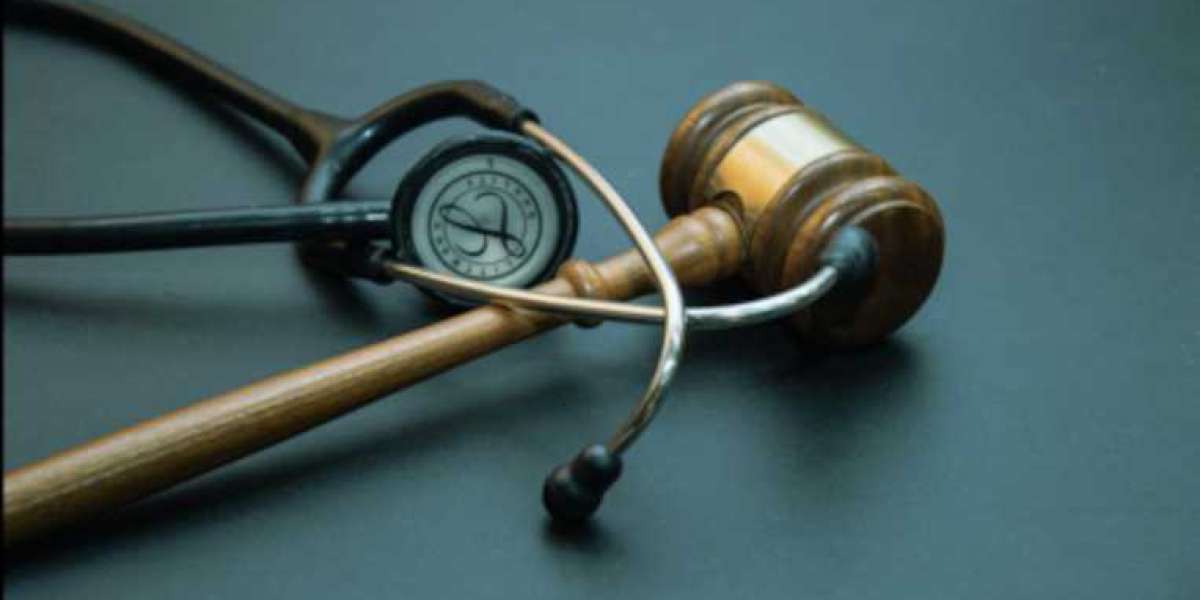Medical errors are one of the leading causes of harm in healthcare systems worldwide. From incorrect diagnoses to medication errors, the consequences of these mistakes can be devastating for patients and healthcare providers alike. One of the most effective ways to prevent these errors is through thorough and systematic medical record review. By carefully analyzing medical records, healthcare providers and legal professionals can identify potential issues, improve patient care, and reduce risks. Here’s a deeper look into the crucial role of medical record review in preventing medical errors.
Identifying Inaccuracies and Inconsistencies
Medical records contain critical information that informs every aspect of patient care, including diagnoses, treatment plans, prescriptions, and lab results. When these records are incomplete, inconsistent, or incorrect, medical errors are far more likely to occur. A comprehensive medical record review service is designed to identify and flag inaccuracies or discrepancies that could lead to unsafe treatment decisions. Whether it’s missing lab results, improperly recorded medication dosages, or incorrect patient histories, these errors can be spotted early through a detailed record review.
For example, a medical record review might reveal a miscommunication between healthcare providers regarding a patient’s medical history, which could lead to a prescription error or improper treatment. By ensuring that all records are accurate and up-to-date, a review service can reduce the chances of such errors, leading to better patient outcomes.
Improving Communication and Coordination
In complex healthcare systems, multiple providers often collaborate to treat a single patient. Each provider may update different sections of the medical record, sometimes leading to fragmented or unclear information. This lack of communication between healthcare professionals can contribute to serious medical errors.
A medical record review service can help improve coordination among healthcare teams. By analyzing the entirety of a patient’s medical records, a medical record review professional can ensure that all providers have access to the same up-to-date information. This prevents errors caused by misunderstanding or incomplete data, leading to more accurate and synchronized care. Moreover, having a third-party service review medical records ensures that all healthcare professionals involved in patient care are on the same page, reducing the potential for miscommunication.
Detecting Patterns and Preventing Recurring Errors
A single error in a medical record might be an isolated incident, but recurring errors can indicate a systemic problem. Medical record review services can help identify patterns of errors across patient charts, which might otherwise go unnoticed. These patterns could indicate broader issues, such as consistent misdiagnoses, errors in medication administration, or overlooked lab results.
By flagging these recurring issues, medical record review services provide valuable insights into underlying problems in healthcare delivery. Addressing these issues proactively can help prevent further medical errors. For example, if a medical record review uncovers a pattern of incorrect medication prescriptions due to misinterpretation of lab results, steps can be taken to address the root cause, such as implementing more thorough documentation practices or providing additional training for staff.
Legal Protection and Risk Management
In addition to improving patient care, medical record review services play an essential role in risk management and legal protection. In cases of alleged medical malpractice or negligence, medical records are often the primary source of evidence. A detailed medical record review can help identify errors or omissions that may have contributed to a negative outcome.
Medical record review services are also valuable for healthcare providers seeking to improve their quality of care while minimizing legal risks. By ensuring that all records are accurate and comprehensive, healthcare providers can demonstrate a commitment to patient safety, which can protect them from liability in legal proceedings.
Conclusion
The role of medical record review in preventing medical errors cannot be overstated. With its ability to identify inaccuracies, improve communication, detect patterns, and provide legal protection, medical record review services are a critical component of any healthcare system. By utilizing these services, healthcare providers can enhance patient safety, reduce risks, and ultimately deliver higher-quality care. As the healthcare landscape continues to evolve, the importance of thorough medical record review will only grow, helping to create safer, more efficient healthcare environments.














